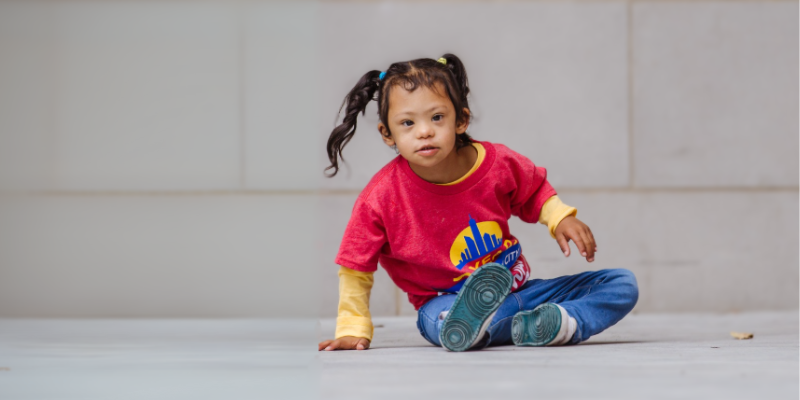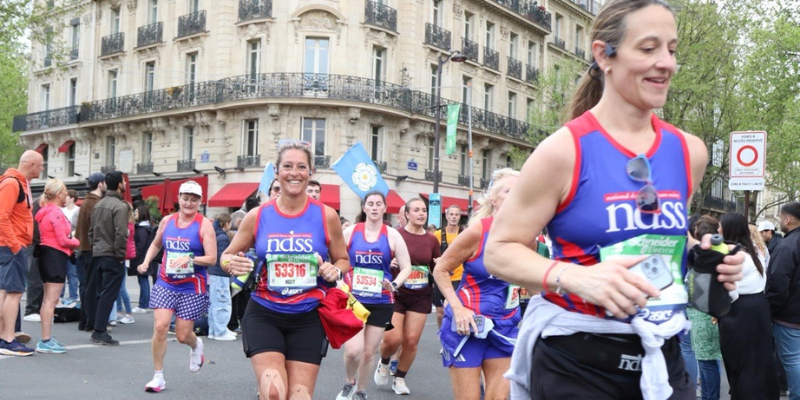Dr Tedros Adhanom Ghebreyesus
Director-General, World Health Organization Avenue Appia 20
1211 Geneva Switzerland
March 9, 2022
Dear Dr Tedros:
People with Down syndrome are not defective.
This past Friday, March 4, 2022, the World Health Organization (WHO) embarked on an informational campaign on social media recognizing World Birth Defects Day. In a series of tweets and posts, the WHO official account stated that “Most birth defects can be prevented and treated with access to quality maternal and newborn care. Yet, every year, they cause the deaths of close to 250,000 babies within just 1 month of birth,” followed immediately by another statement that “the most common severe birth defects are: Congenital heart defects, Neural tube defects, Down syndrome, [and] Hemoglobin disorders (thalassemia and sickle cell disease).”
This outmoded framing, while perhaps a scientifically accurate description of Trisomy 21, dehumanizes individuals with Down syndrome, undercuts their achievements, and prolongs harmful stereotypes in the minds of the general public – prejudices that we have worked for decades to break down. Your words paint Down syndrome as inherently “severe” and as something to be “prevented” or “treated.” Down syndrome is not a plague to be eradicated. People with Down syndrome are whole human beings. They are not fractional, but statements like these reduce them.
The National Down Syndrome Society (NDSS), a U.S. nonprofit organization, is the leading human rights organization for all individuals with Down syndrome. We encourage you to learn more about how much people with Down syndrome have done and how much more they can and will do. They are scholars, artists, and athletes. They are advocates, models, and friends. They are leaders. People with Down syndrome share the same human condition, the same human dignity, and the same human potential as all others, and they deserve the same human respect. We are all, in our own ways, imperfect, and it is our imperfections that make us human.
Because of the critical work the WHO does to promote the dissemination of accurate information about Down syndrome to people around the world, especially in developing nations, we believe it is paramount that you convey what we have come to know as the truth: the greatest challenges people with Down syndrome face are the fear and ignorance of others. These posts propagate both. If you truly believe in “health for all: rich and poor, able and disabled, old and young, urban and rural, citizen and refugee. Everyone, everywhere,” we ask that you apologize for these remarks and, more importantly, revisit how Down syndrome is discussed in the materials you share. We also invite you to meet with individuals with Down syndrome – please reach out to me personally at kpickard@ndss.org. We are happy to make those arrangements and to assist you in reframing the world’s understanding of disability and difference.
Sincerely,
Kandi Pickard President and CEO
National Down Syndrome Society







